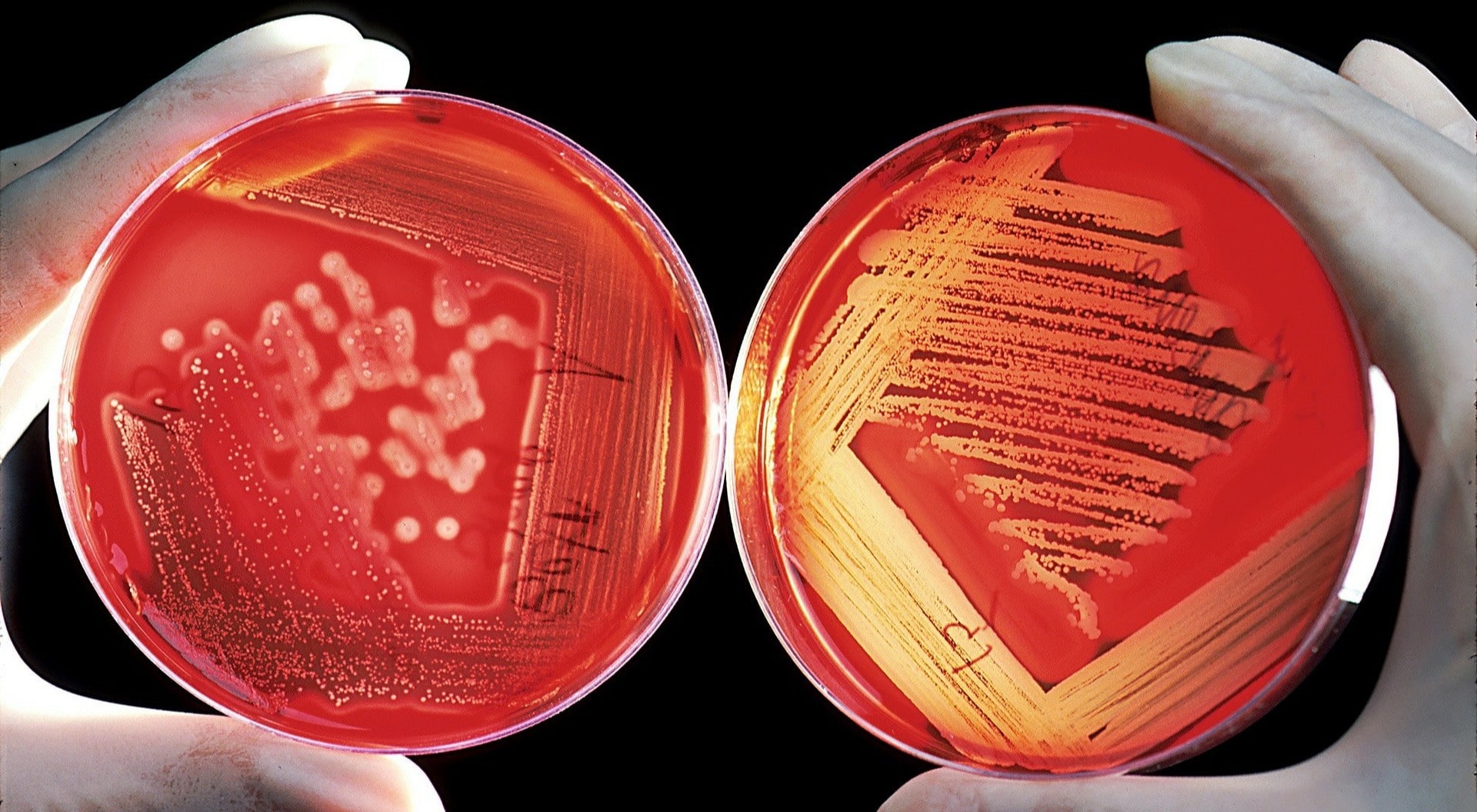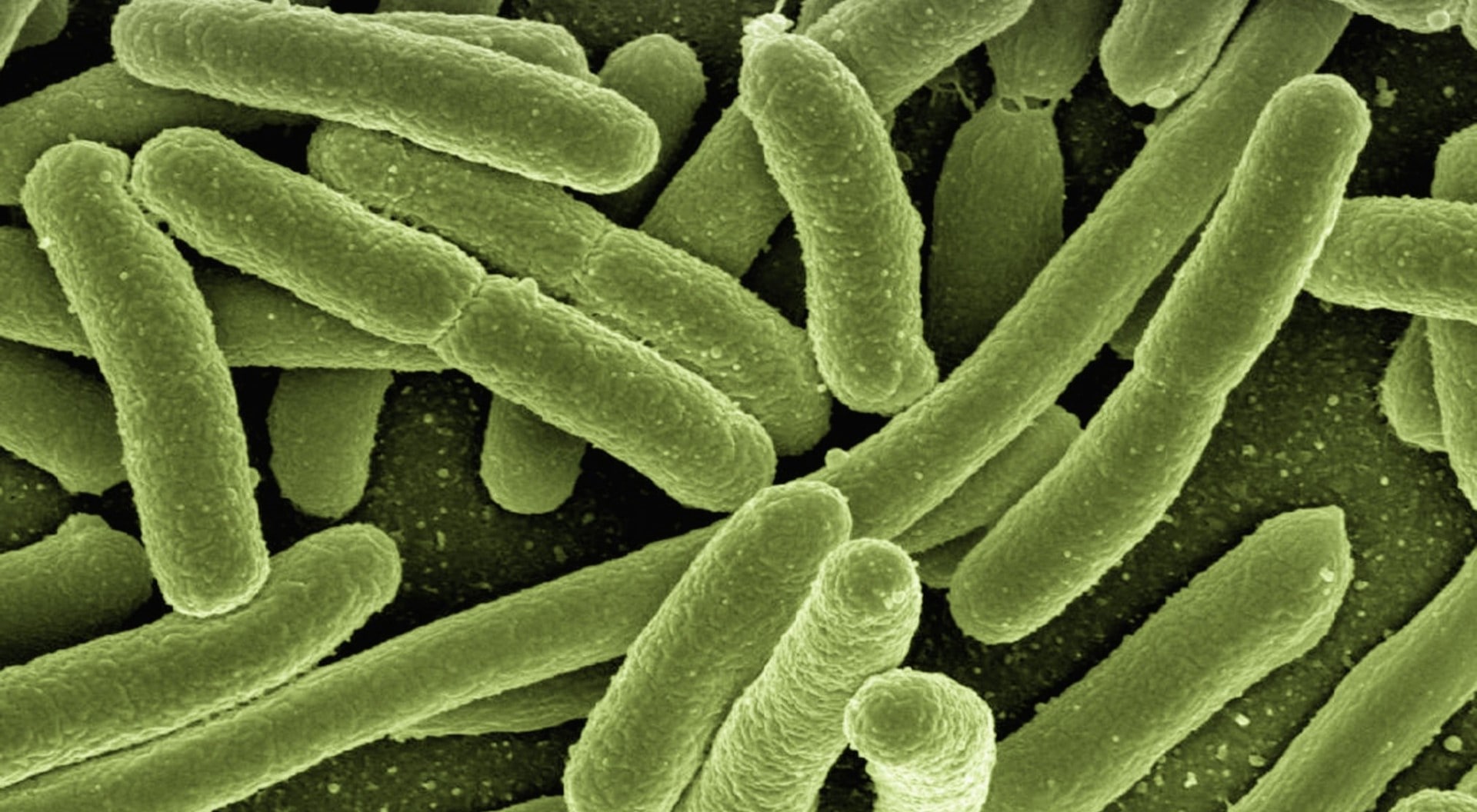Research Themes
Our research objectives are to define the innate responses to human microbiome compositions, their impact on pathology during mucosal injury and their effect on microbiome stability. The unique skills of our diverse, multidisciplinary team in innate immunity, microbiome functional genomics, bacterial pathogenesis, cell-based discovery models, innovative bioengineering, data integration and systems biology offer an unprecedented opportunity to understand these interactions at a systems level.
Our objectives will be delivered in four synergistic research themes:

Innate immune sensing of the human intestinal microbiome
Research Theme 1
Mucosal responses to bacterial communities and individual human microbiome isolates from our unique and comprehensive microbiome resource will be mapped using human induced pluripotent stem cells (iPSC), derived intestinal epithelial cell (IEC), dendritic cell (DC) and macrophage (Mφ) co-culture models of healthy and inflammatory states.
Innate immune shaping of the intestinal microbiome
Research Theme 2
Host-induced changes in healthy and dysbiotic microbiomes will be characterised by metagenomics, metatranscriptomics and metabolomics. This will identify diagnostic biomarkers for monitoring health, bacterial candidates for probiotic or therapeutic intervention and potential host-directed alternatives to antibiotics.


Tissue specificity in mucosal-microbiome interactions
Research Theme 3
Comparing iPSC models of the intestine and other systems such as urogenital tracts with the corresponding site-specific microbiome. We hypothesize that the local microbiome induces tissue specific responses to inform the development of tissue specific microbiome medicines and probiotics.
Disruption of mucosal-microbiome interactions
Research Theme 4
Understanding how the mucosa and microbiome respond and recover from pathogen infection and antibiotic treatment. We will define the host pathways leading to infection resistance, tissue repair or chronic inflammation and identify protective microbiome isolates. Patient derived cells used to discover the potential for targeted, personalised therapies.

